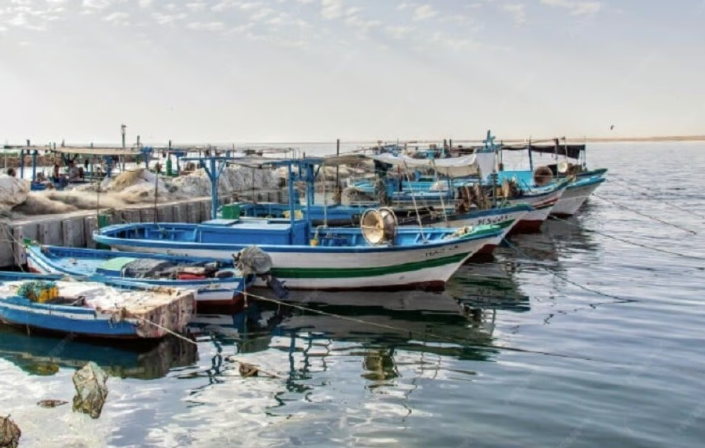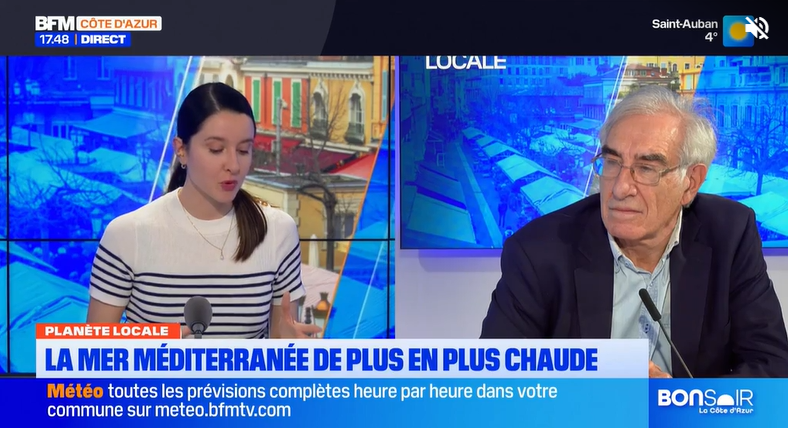In the Mediterranean, where dolphinfish is worth its weight in gold, illegal fishing has for years pitted Tunisian vessels against Maltese fishermen. Although Tunis recently adopted unprecedented sanctions welcomed in Valletta, the phenomenon is also affecting Tunisian fishermen themselves.
Illegal Fishing: Tunisia and Malta Facing Two Sides of the Same Challenge
Every year, from July to December, Maltese fishermen deploy floating devices called kannizzati at sea to attract these migratory fish. However, according to numerous testimonies supported by videos and reports submitted to the European Commission, several Tunisian vessels have allegedly taken advantage of these devices to catch fish before the official start of the season, which runs from 15 August to 31 December.
This phenomenon, denounced since at least 2019, has at times escalated into confrontations. According to the local media outlet MaltaToday, Maltese fishermen reported being threatened by Tunisian crews armed with machetes and Molotov cocktails. Beyond the tensions, the economic impact is real. According to Maltese MEP Peter Agius, the volume of lampuki (dolphinfish) landed in Malta fell by half in 2024, largely due to illegal catches by Tunisian fishermen.
Artisanal Fishing Under Pressure in Tunisia
While accusations of illegal fishing in Malta focus on Tunisian vessels, it would be simplistic to place full responsibility on Tunisian authorities. During the GFCM meeting, the European Commission requested that the Italian vessel Sonia be added to the international list of vessels suspected of illegal, unreported, and unregulated (IUU) fishing. The vessel is now prohibited from operating in the Mediterranean, and potentially worldwide, according to a statement from Malta’s Labour Party.
Tunisia itself faces similar practices in its own waters. In the Gulf of Gabès, illegal bottom trawling is destroying Posidonia oceanica seagrass meadows, among the largest in the Mediterranean basin and crucial for the reproduction of many species. This practice uses fine-mesh nets that capture large numbers of non-target species, which are then discarded.
These seagrass meadows, true “lungs of the Mediterranean,” sequester carbon up to 70 times faster than tropical forests and absorb 15–20% of national CO₂ emissions. Yet they are ravaged by hundreds of trawlers operating without effective control, according to NGOs FishAct and the Environmental Justice Foundation (EJF). Both organizations note that most of the catch from illegal trawling escapes monitoring and enters European markets through opaque export channels, particularly to Italy and Spain.
This situation directly threatens Tunisian artisanal fishing, which employs more than 70% of the sector’s workforce (42,000 artisanal fishermen) and accounts for over 50% of the value of national production. Many small-scale fishermen in the Kerkennah or Sfax regions, dependent on coastal resources, report declining catches, destruction of their equipment by illegal trawlers, and significant drops in income. According to the FAO, fishing in Tunisia represents 9% of agricultural value, which itself contributes 12.5% to GDP.
The Global Illegal, Unreported, and Unregulated Fishing (IUU) Risk Index highlights the risks facing Tunisia—and, to a lesser extent, Malta. Established by the Global Initiative Against Transnational Organized Crime (GI-TOC) and Poseidon Aquatic Resource Management, the index ranked Tunisia 37th worldwide in 2023, with a score of 2.43, reflecting high exposure to illegal practices. Out of 152 evaluated countries, Malta ranked 118th, with a score of 2.03, indicating lower risk.
Need for Collaboration
Faced with the rise of IUU fishing, Tunisia is already undertaking initiatives to strengthen control over its territorial waters. In February 2024, the country received two maritime surveillance vessels, Hannibal 3 and Hannibal 4, funded by a Japanese government grant. These ships are intended to reinforce the monitoring and tracking of Tunisian vessels.
However, in a shared sea with overlapping maritime boundaries, the fight against IUU fishing cannot rely on a single country. The recent GFCM decision, supported by the European Union, Malta, Italy, and Tunisia, to act jointly against vessels identified for illegal activities, demonstrates the effectiveness of a coordinated approach. The question now is whether these concerted efforts will restore fairness among different actors and ensure the economic sustainability of a sector vital to Mediterranean coastal countries.
Source: latribune




